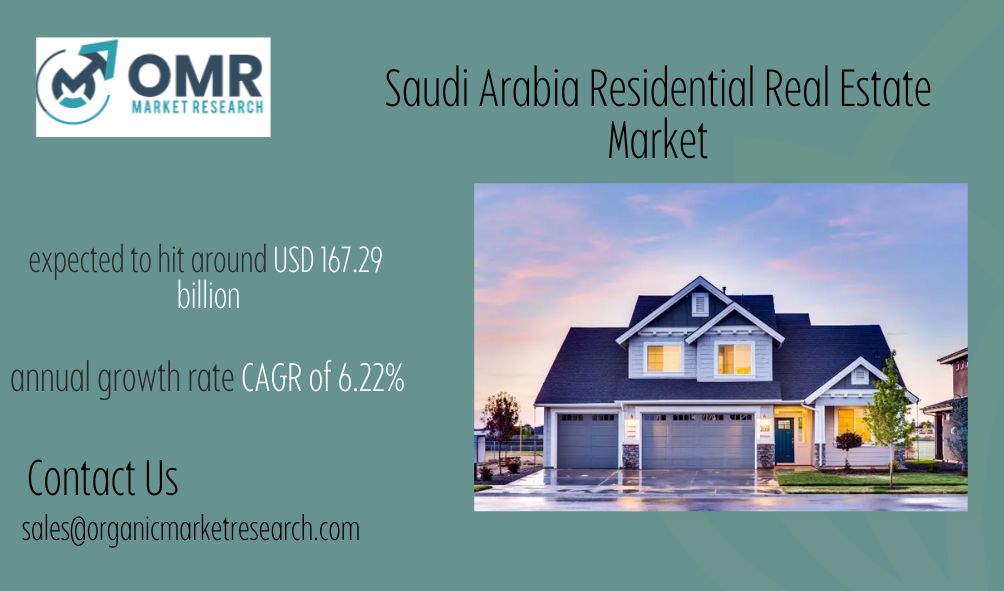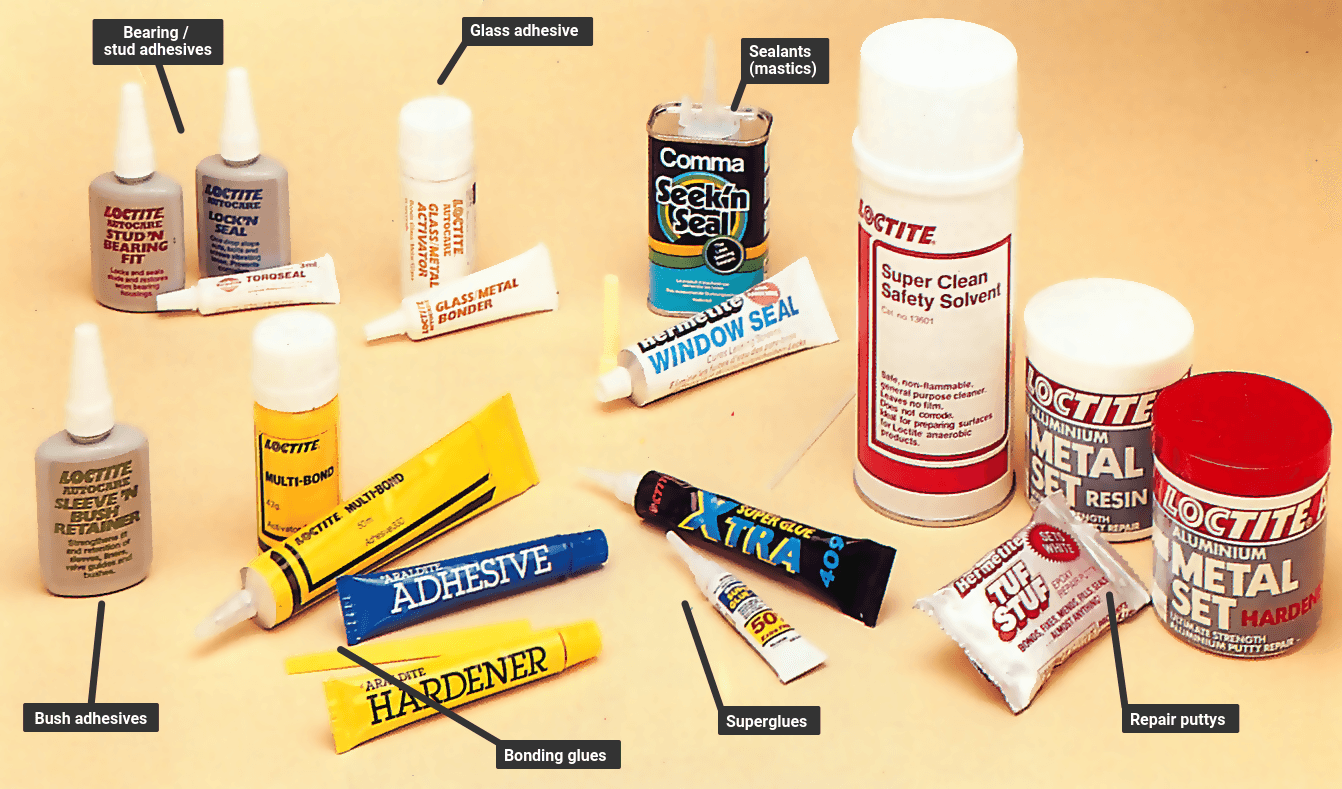Saudi Arabia Residential Real Estate market size was USD 167.29 billion in 2023 and the market is projected to touch USD 288.04 billion by 2032, at a CAGR of 6.22% during the forecast period. Residential real estate is an important sector of the economy, influenced by population growth, economic conditions, and government policy. Saudi Arabia’s housing market has fluctuated in recent years as a result of a variety of variables such as oil price shifts, government efforts, and regional stability.
Currently, the market is recovering from previous downturns, with increased activity in key cities such Saudi Riyadh, Jeddah, and Damam. This recovery is being fuelled by government attempts to stimulate the economy through housing building projects and initiatives targeted at promoting home ownership among Saudi citizens. These efforts include subsidized housing loans and subsidies, as well as regulatory improvements to attract additional investment in the real estate sector.

Demand for residential properties remains strong, supported by a growing population and urbanization trends. However, challenges such as affordability for middle-income households and fluctuations in oil prices continue to impact market dynamics. Developers are focusing on affordable housing projects to meet this demand, while also catering to luxury segments in prime locations.
Saudi Arabia Residential Real Estate report scope and segmentation.
Saudi Arabia Residential Real Estate dynamics
Population expansion and urbanization stimulate housing demand, especially in major cities such as Riyadh and Jeddah. This demographic shift is accompanied by changes in household structures and tastes, which affect the type and size of homes in demand.
Economic factors have an important influence, with the oil sector historically being the major player. Oil price fluctuations have an impact on government revenues, as well as investment in infrastructure and housing projects. Government policies and actions strongly impact the market, including efforts to promote home ownership among Saudi nationals through subsidies, incentives, and preferential loan terms.
Moreover, regulatory changes aimed at enhancing transparency and attracting foreign investment have begun to reshape the market landscape. These reforms are crucial for fostering a more competitive and sustainable real estate sector. Investor sentiment and market sentiment are also influenced by geopolitical stability and regional developments, impacting overall market confidence and investment flows.
Saudi Arabia Residential Real Estate drivers
Government Initiatives and Economic Diversification
Saudi Arabia’s Vision 2030 project has an immense effect on the residential real estate industry. This ambitious plan seeks to minimize the kingdom’s reliance on oil earnings by diversifying its economy into industries including as tourism, entertainment, and real estate. To accommodate the expanding population and foster economic growth, the government has made significant investments in infrastructure development, including housing projects. Initiatives like the Sakani program, which offers citizens with subsidized housing loans and grants, help to promote demand for affordable housing. These efforts not only stimulate construction activity, but also improve access to homes for Saudi people, thereby promoting market expansion.
Urbanization and Demographic Trends
Urbanization trends and a young, expanding population are boosting demand for residential properties in metropolitan areas. Rapid urbanization, particularly in places such as Riyadh and Jeddah, requires the construction of new housing developments to accommodate the growing population. The transition to nuclear families and changing lifestyle preferences are also having an impact on market dynamics, with demand increasing for smaller apartments and features like integrated communities with recreational facilities and green areas. Developers respond by focusing on mixed-use buildings that cater to varied housing requirements and preferences, from inexpensive apartments to luxury villas, thus capitalizing on demographic shifts and urban growth patterns.
- Restraints:
Economic Volatility and Oil Price Fluctuations
The Saudi residential real estate market remains vulnerable to fluctuations in global oil prices, which impact government revenues and investment in infrastructure projects. Economic volatility can dampen investor confidence and slow down construction activity, affecting market stability. Moreover, changes in government spending priorities due to economic pressures can lead to delays or adjustments in housing development plans, impacting the overall market sentiment and growth potential.
Regulatory Challenges and Market Transparency
The real estate industry continues to face hurdles in managing bureaucratic processes and legal requirements. Regulatory reforms, while intended to promote foreign investment and boost competitiveness, can often cause uncertainty for developers and investors. Land zoning requirements, permitting procedures, and property ownership laws can all impede project completion on time and within budget. Addressing these difficulties is critical to sustaining long-term growth and guaranteeing a stable investment climate in the Saudi residential real estate sector.
- Opportunities:
Infrastructure Development and Mega Projects
The continuing infrastructure development projects and major initiatives, such as NEOM and the Red Sea Project, provide considerable prospects for the residential real estate market. These projects not only increase demand for homes, but they also boost economic activity in allied industries such as hotel, retail, and healthcare. Developers and investors can take advantage of these opportunities by investing in master-planned communities and mixed-use complexes that cater to both local and international demand, thus contributing to the kingdom’s economic diversification ambitions.
- Segment Overview
The Saudi residential real estate industry is divided into four major segments: condominiums, apartments, villas, and landed properties. Condominiums often provide a mix of ownership and community living, attractive to city residents looking for convenience and shared amenities. Apartments offer to a wide range of inhabitants, from young professionals to families, with varied sizes and configurations to meet a variety of lifestyle needs. Villas are the luxury end of the market, providing expansive living, seclusion, and special amenities, and are frequently found in famous districts. Landed houses, including townhouses and independent homes, appeal to those needing additional room, privacy, and customization choices, making them popular among families and individuals seeking suburban or semi-urban living conditions.
Saudi Arabia’s residential real estate market is heavily influenced by large cities such as Riyadh, Jeddah, Dammam, and the rest of the country. Riyadh, being the capital and largest city, stimulates demand in all areas due to its economic importance and population expansion. Jeddah, a significant commercial hub and port city, draws residents seeking beach living and economic prospects. Dammam, in the Eastern Province, benefits from industrial and economic development, which influences demand for a variety of housing options. The rest of Saudi Arabia consists of smaller cities and rural areas, where demand varies depending on local economic activities, infrastructure development, and population dynamics. Each city offers unique opportunities and challenges for real estate developers and investors, shaping the market dynamics and investment strategies across the kingdom.
Saudi Arabia Residential Real Estate market competitive landscape
Local developers like Emaar The Economic City, Dar Al Arkan, and Al Akaria Saudi Real Estate Company dominate the market by using their knowledge of local preferences, the regulatory environment, and established networks. These businesses frequently work on large-scale projects that meet both inexpensive housing needs and luxury residential wants in major cities such as Riyadh, Jeddah, and Dammam.
Regional developers such as DAMAC Properties and Al Rajhi Projects make important contributions to the market by specializing in high-end residential and mixed-use complexes. Their presence illustrates the increased complexity and variety of the Saudi real estate industry, catering to affluent consumers and investors looking for premium living spaces and integrated communities.
International players such as Saudi Aramco’s real estate arm, AECOM, and other global real estate businesses contribute expertise in design, construction, and project management, helping to establish megaprojects and infrastructure initiatives throughout the kingdom. These companies frequently work with local partners to negotiate legal restrictions and cultural subtleties while capitalizing on the increased demand for premium housing and lifestyle facilities.
Furthermore, technical breakthroughs and sustainable building practices are becoming market differentiators, encouraging developers to innovate and implement smart technologies and eco-friendly solutions. The competitive landscape is further impacted by developing consumer preferences, government programs that promote house ownership, and efforts to improve transparency and market efficiency.
Saudi Arabia Residential Real Estate Recent Developments
- In May 2024, Mohammed Al-Nahdi Real Estate and Alinma Investment, the investment arm of Alinma Bank, have jointly introduced the Alinma-Al-Nahdi Real Estate Fund. This initiative, valued at SR1.37 billion ($365 million), aims to boost real estate development in the Eastern Province. The fund targets the strategic development of prime land spanning more than 1.6 million square meters in the region.
- In Jan 2024, Saudi Arabia has introduced five new categories to its premium residency program as part of efforts to enhance the country’s economic development, promote job creation, and facilitate knowledge transfer. These new categories—Entrepreneur, Real Estate Owner Residency, Special Talent, Gifted, and Investor—aim to provide unique benefits for individuals seeking to establish themselves in Saudi Arabia, supporting their integration and contributing to the nation’s growth initiatives.
Scope of Saudi Arabia Residential Real Estate report
Saudi Arabia Residential Real Estate report segmentation
In case you don’t find what, you are looking for, please get in touch with our custom research team at
Latest Report
Contact Us
+91 9319642100
sales@organicmarketresearch.com
Noida One Tower Sec 62 Noida 201301
Website: https://organicmarketresearch.com













